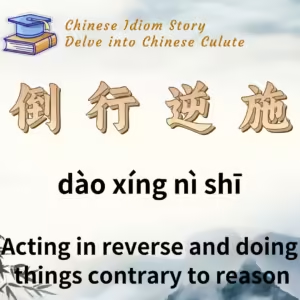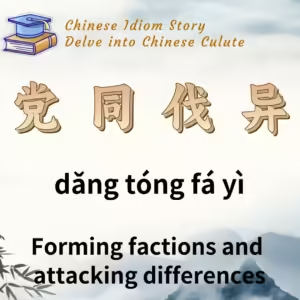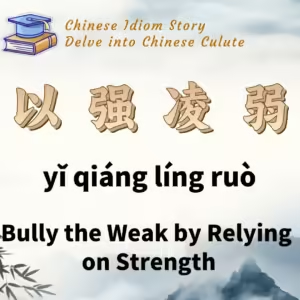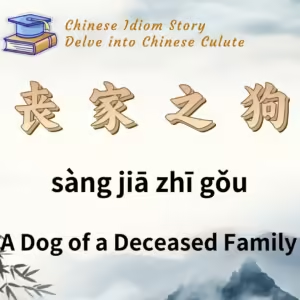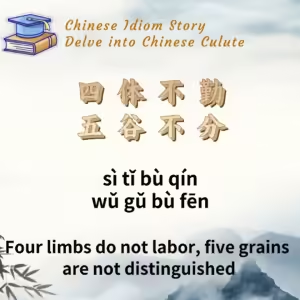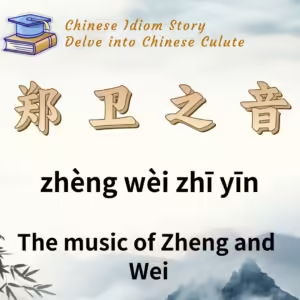
Chinese Idiom: 郑卫之音 (Zheng Wei Zhi Yin)
English Translation: The music of Zheng and Wei
pīn yīn: zhèng wèi zhī yīn
Idiom Meaning: Originally referred to the folk music of the states of Zheng and Wei during the Spring and Autumn period. Confucian scholars viewed it as contrary to the “elegant music” advocated by Confucius, and it later came to symbolize decadent or licentious music.
Historical Source: From The Book of Rites: Music Record (《礼记 · 乐记》).
Idiom Story:
During the Spring and Autumn period, both Zheng and Wei were known for their rich folk music traditions. The Book of Songs (《诗经》) includes 160 poems, among which 31 are categorized under “Zheng Feng” and “Wei Feng,” accounting for about one-fifth of the collection. These poems often contain short lyrical verses, but “Zheng Feng” and “Wei Feng” include longer strophic songs, indicating the complexity and variation of their musical structures.
The poems frequently depict scenes of romantic exchanges between men and women, conveying a strong artistic appeal through their vivid imagery of love and affection. However, the Confucian text Yue Ji (《乐记》) labels these folk melodies as “the music of a chaotic age,” stating, “Zheng Wei Zhi Yin, the sound of disorder.”
Due to the unique position of Confucian thought throughout the feudal era, “Zheng Wei Zhi Yin” became synonymous with decadent or licentious music. The idiom thus serves as a critique of art forms that deviate from the moral and aesthetic ideals espoused by Confucianism, reflecting the broader cultural tensions between folk traditions and formal scholarly values in ancient China.

